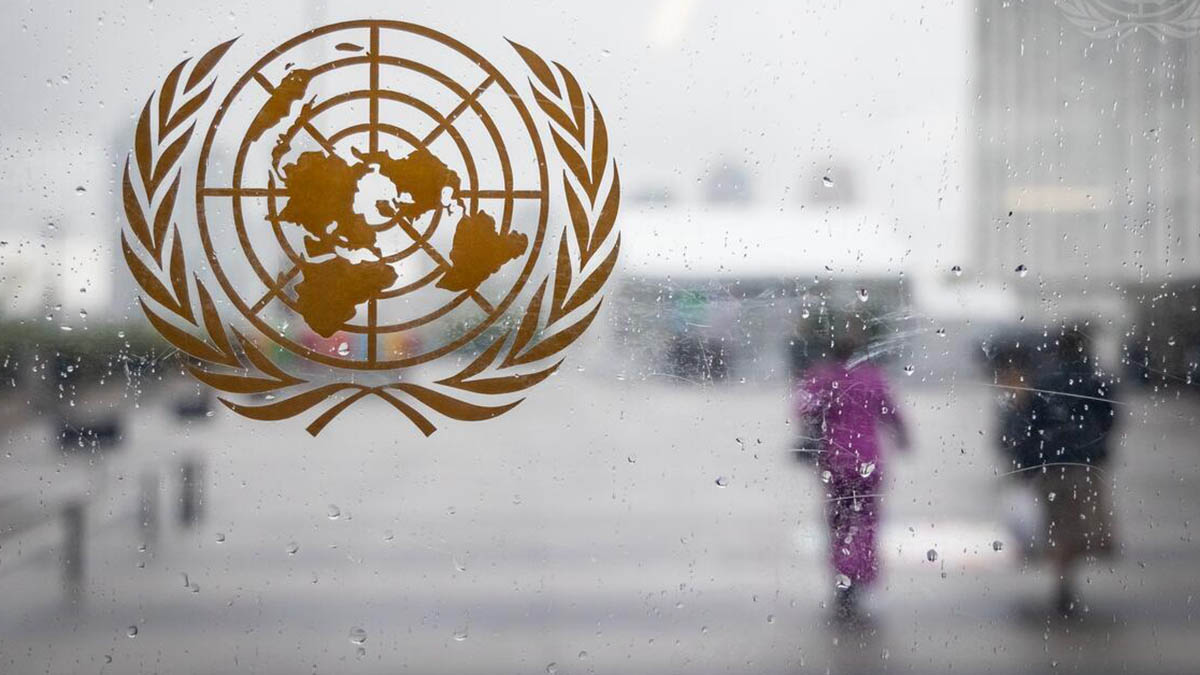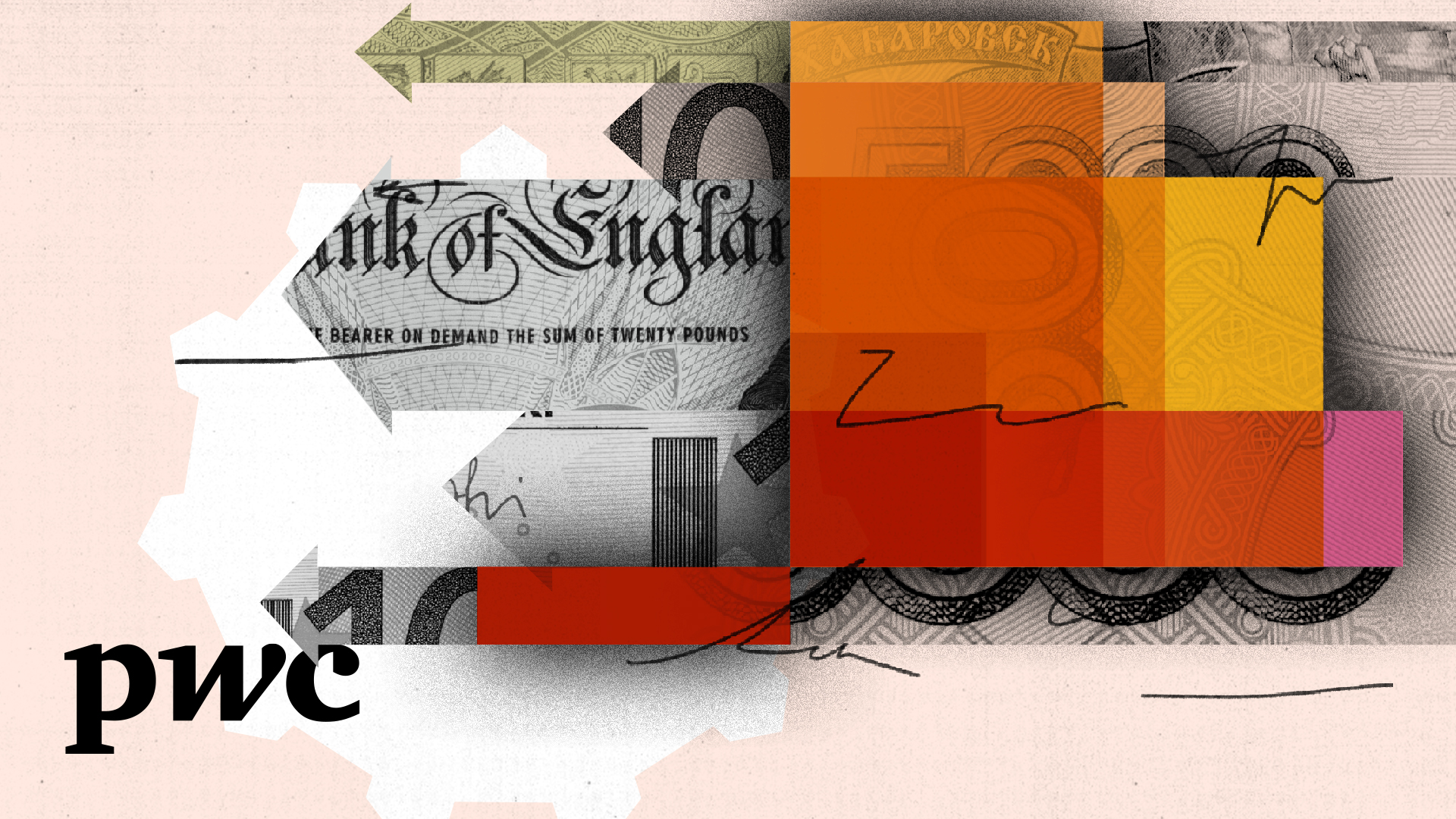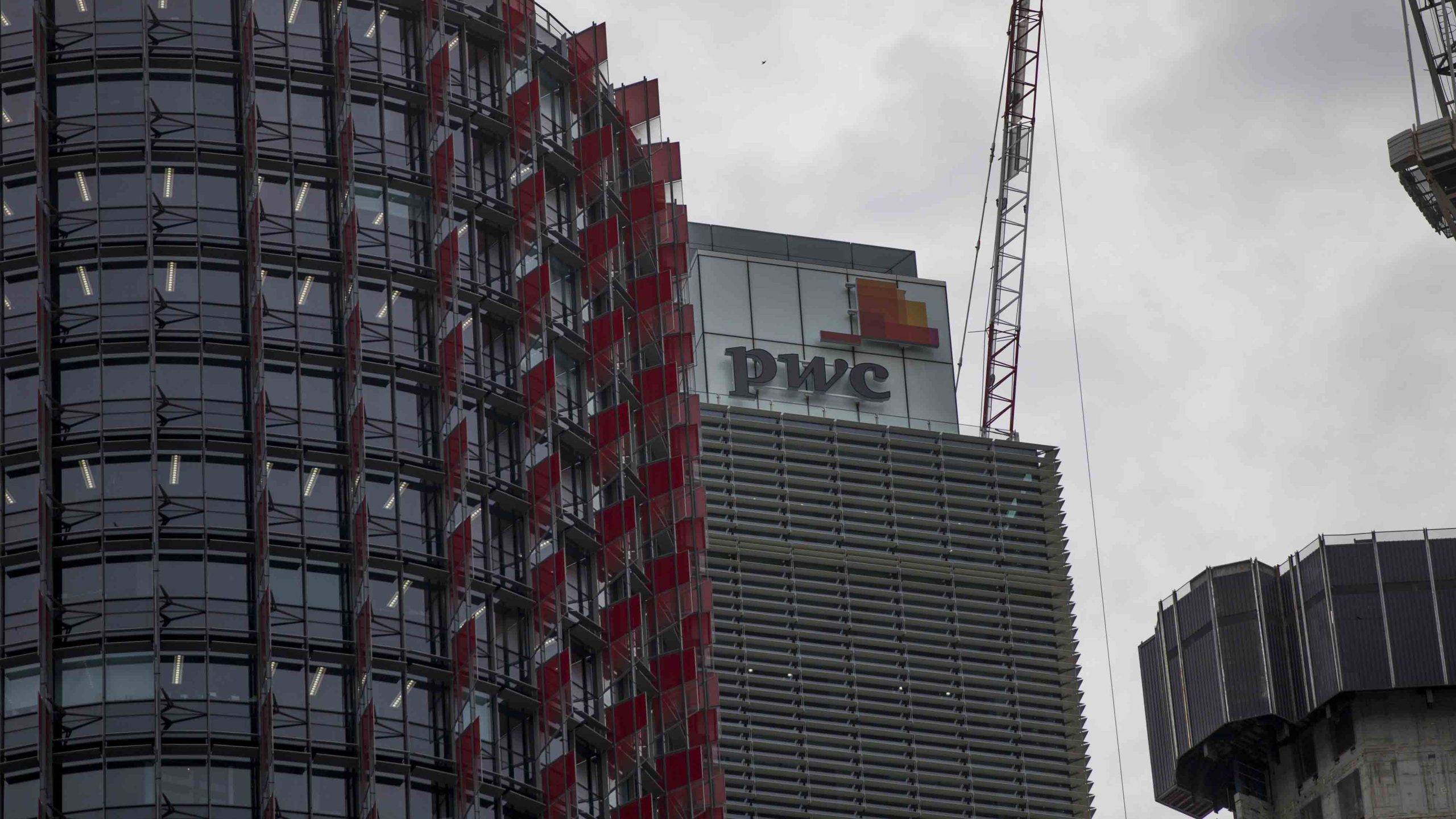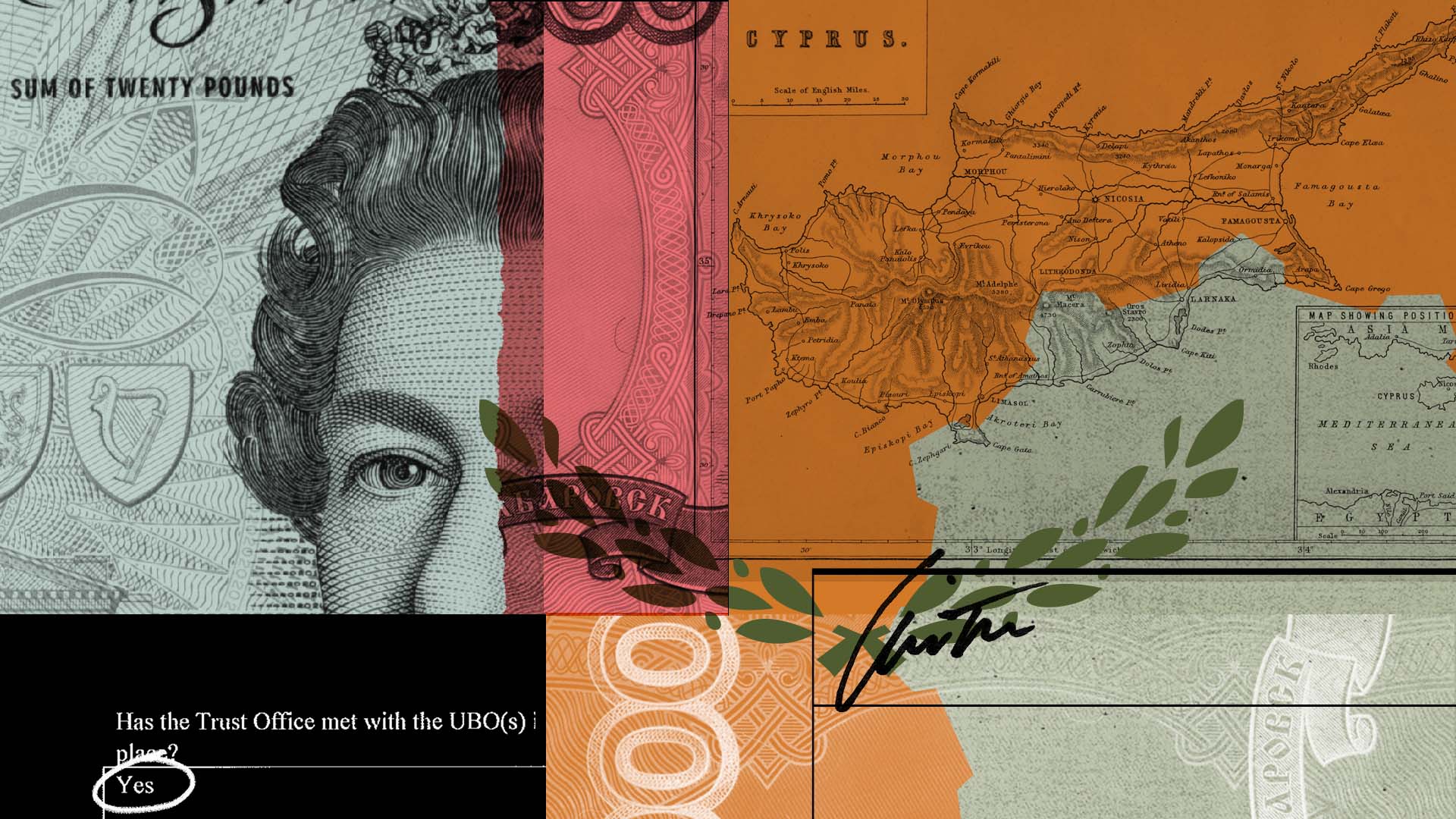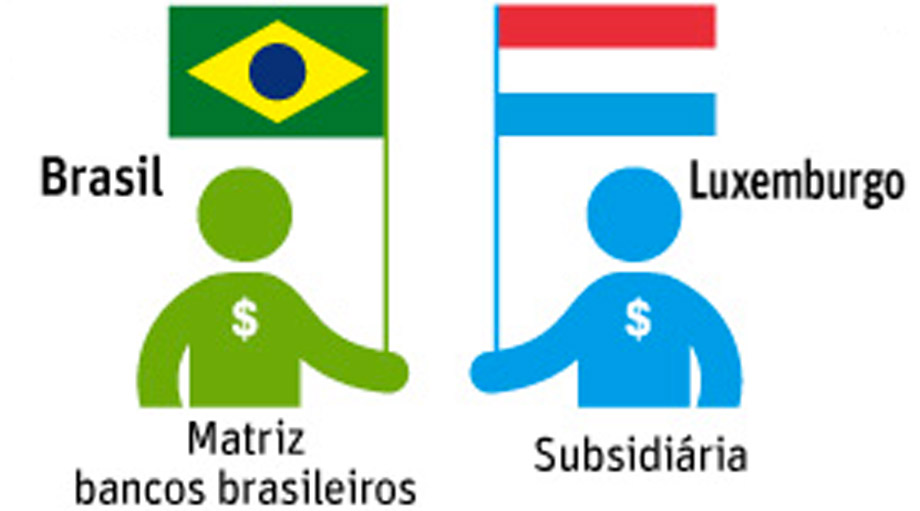
PricewaterhouseCoopers helped three Brazilian banks use Luxembourg’s accommodating tax regime to claim write offs for “intangible assets” that allowed them to sidestep nearly $90 million in taxes between them in Brazil, according to an analysis of leaked records by Folha de S. Paulo.
The documents prepared by PricewaterhouseCoopers for Bradesco, Itaú and Unibanco are virtually identical: they suggest that the benefit should be granted because of a “hidden contribution” that the Brazilian financial institutions make to their subsidiaries in Luxembourg.
But what exactly is this contribution? The banks informed the government of Luxembourg that they perform work in Brazil (incurring costs in doing so) to facilitate their operations in the tiny European duchy, according to Folha de S. Paulo.
In the documents these “non-measurable” costs are described as advertising, attracting clients, development of financial products, advice for Brazilian companies and individuals who want to have accounts in Luxembourg, research conducted by headquarters and provision of know-how in risk-management and compliance, among other services.
Bradesco, Itaú and Unibanco say that 95 percent of the clients and the business they had in Luxembourg at the time of these operations was the result of the work of their headquarters in Brazil.
In other words, the banks conduct a service for their own benefit in Brazil. They then declare to the government of Luxembourg that this “work” should be included in the financial statement of the subsidiary in the fiscal paradise as a so-called “intangible tax asset.” They then reduce their declared profits and pay less tax in Brazil as a result, Folha de S. Paulo reports.
There is no evidence of irregularity in these operations. For their part, the banks deny having made these agreements with Luxembourg purely in order to reduce their fiscal obligations in Brazil.
Read the full story at Folha de S. Paulo
